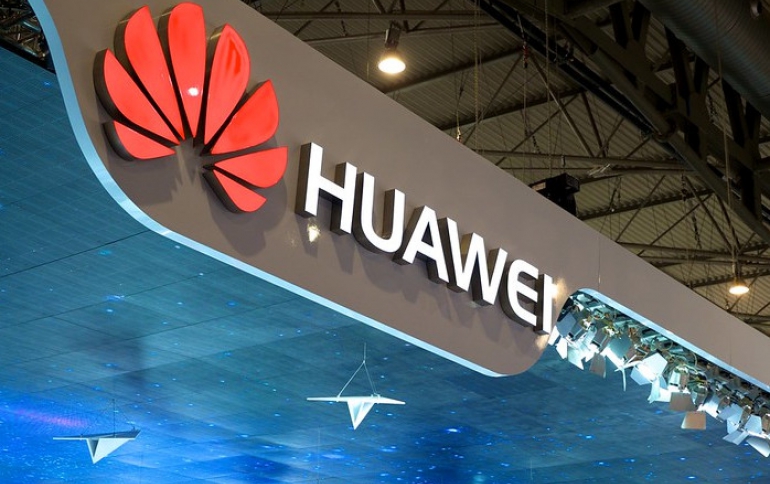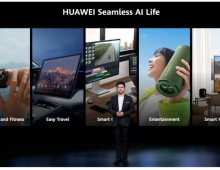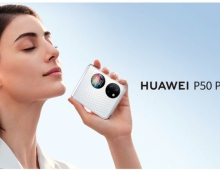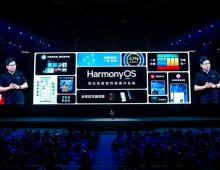
U.S. Adds New Conspiracy Charges Against Huawei
The U.S. government on Thursday added new charges to its case against Chinese smartphone maker Huawei Technologies.
The U.S. used a law to allege that the world’s largest maker of telecommunications equipment engaged in decades of intellectual property theft.
The indictment, which was filed in the federal court in Brooklyn, New York, charges Huawei with conspiring to violate the Racketeer Influenced and Corrupt Organizations Act (RICO) and to steal trade secrets from six U.S. technology companies in order to grow the company. The indictment names Huawei and several subsidiaries, as well as the company's chief financial officer Meng Wanzhou.
The trade secret theft charges in the superseding indictment relate to internet router source code, cellular antenna technology and robotics.
The Justice Department said the property “included trade secret information and copyrighted works, such as source code and user manuals for internet routers, antenna technology and robot testing technology” and cited an “alleged long-running practice of using fraud and deception” to steal sensitive technology from U.S. rivals.
The indictment says that Huawei entered into confidentiality agreements with US tech firms and then violated those deals.
It also claims Huawei used "proxies" such as professors working at research institutions to steal trade secrets and "launched a policy instituting a bonus program to reward employees who obtained confidential information from competitors."
The indictment also contains new allegations about the company’s involvement in countries subject to sanctions, such as Iran and North Korea.
Huawei and its chief financial officer, Meng Wanzhou, were already facing criminal charges of fraud and violating U.S. sanctions, including those against Iran and North Korea. Huawei CFO is is currently fighting extradition from Canada to the U.S.
Huawei has denied the allegations, while China’s Ministry of Foreign Affairs has urged the U.S to “stop unreasonably targeting Huawei and other Chinese enterprises.” Through her lawyer, Meng has denied wrongdoing.
"This is political persecution, plain and simple," said Huawei. Adding the following:
"These charges do not reveal anything new. They are based largely on resolved civil disputes from the last 20 years that have been previously settled, litigated, and in some cases, rejected by federal judges and juries. In these disputes, no court has ever found that Huawei had engaged in malicious intellectual property theft, or required Huawei to pay damages for infringement on others' intellectual property. The US Department of Justice is reintroducing previously resolved civil cases as criminal cases. This is selective, politically-motivated enforcement of the law, and contrary to common judicial conventions."
"The US government's sole purpose for this is to attack, discredit, and smear the reputation of Huawei's leading technologies. They want to damage Huawei's competitive edge in the global market."
"Attacking Huawei will not help the US stay ahead of the competition. Repeating a lie will not make it true. We believe that the court will make a fair ruling based on facts and evidence."
The latest sanctions are aimed at blocking Huawei from getting any US telecom equipment contracts and prevent the transfer of American technology to the Chinese firm. The U.S. has banned the company’s technology and accused Huawei of aiding Beijing in espionage.
Meanwhile, the Trump administration has already issued a 45-day extension allowing U.S. companies to continue doing business with Huawei.
After adding Huawei to an economic blacklist in May citing national security concerns, the U.S. Commerce Department has allowed it to purchase some American-made goods in a series of extensions that it says are aimed at minimizing disruptions for customers, many of which operate networks in rural America.





















